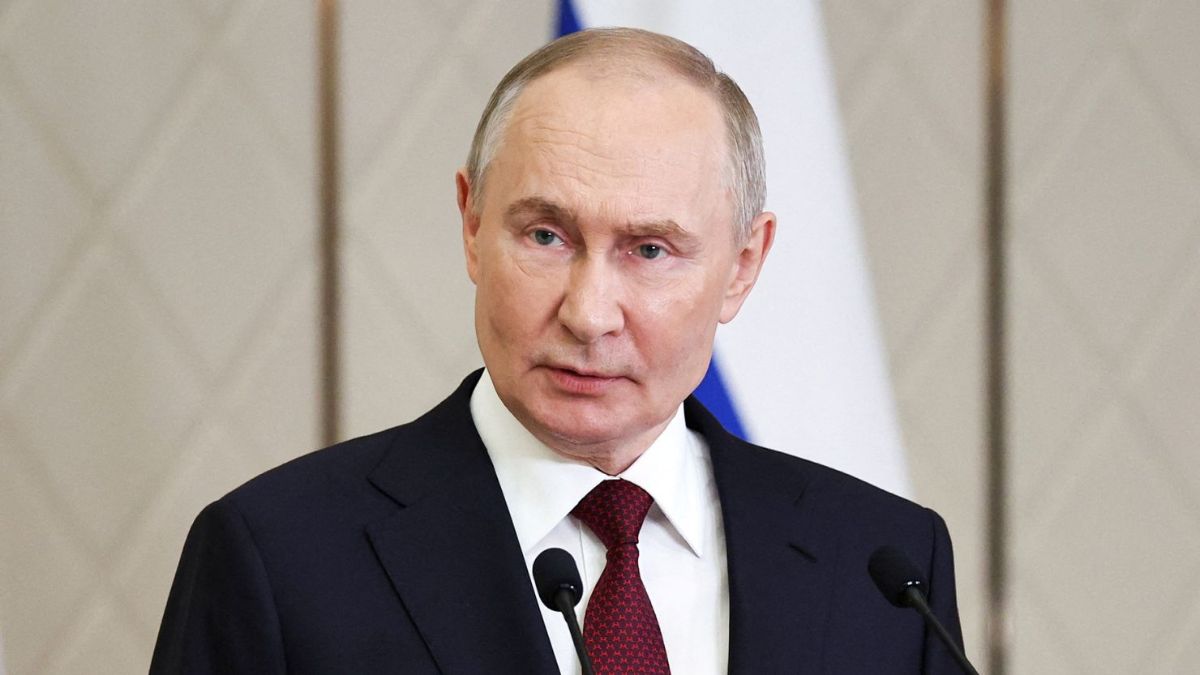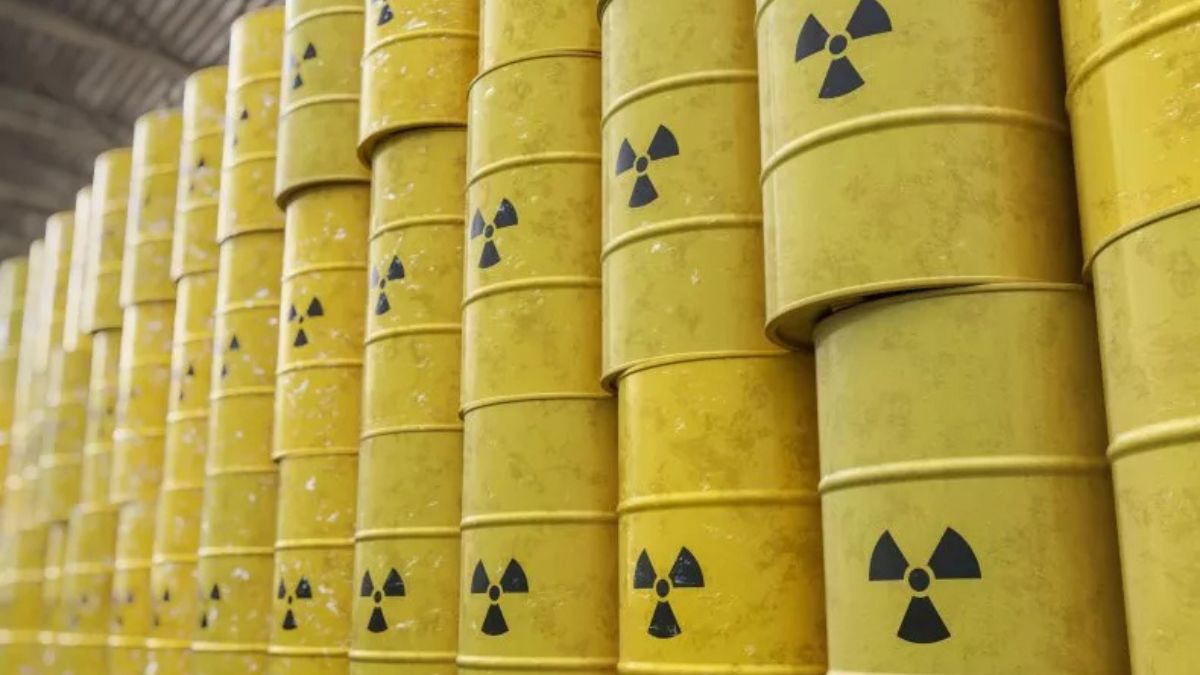Indonesia has rejected Apple’s $100 million investment offer to lift the ban on iPhone 16 sales in the country. The government wants Apple to invest more and include Indonesia in its global supply chain.
The dispute began last month when Indonesia banned the iPhone 16 series. Apple had failed to meet its original investment promise of $109 million for local research and development. The company first offered $10 million to resolve the issue, then increased it to $100 million, but Indonesian officials say this is not enough.
Industry Minister Agus Gumiwang Kartasasmita met with Apple representatives and turned down their latest offer. Ministry spokesperson Febri Hendri Antoni Arif explained that a bigger investment would help develop Indonesia’s manufacturing sector and integrate the country into Apple’s global supply chain.
Indonesian law requires foreign companies to make 4% of their products locally. Companies can meet this requirement through local manufacturing, software development, or research centers. Apple has only invested $95 million of its promised $109 million in local R&D.
The government has suggested that Indonesian companies could supply Apple with accessories and chargers. Officials also want Apple to build a research center focused on artificial intelligence and Industry 4.0 technology.
Apple is now considering expanding its accessories and components production in Indonesia to meet government requirements. Until Apple increases its investment, the iPhone 16 and Apple Watch 10 series remain banned in Indonesia.







